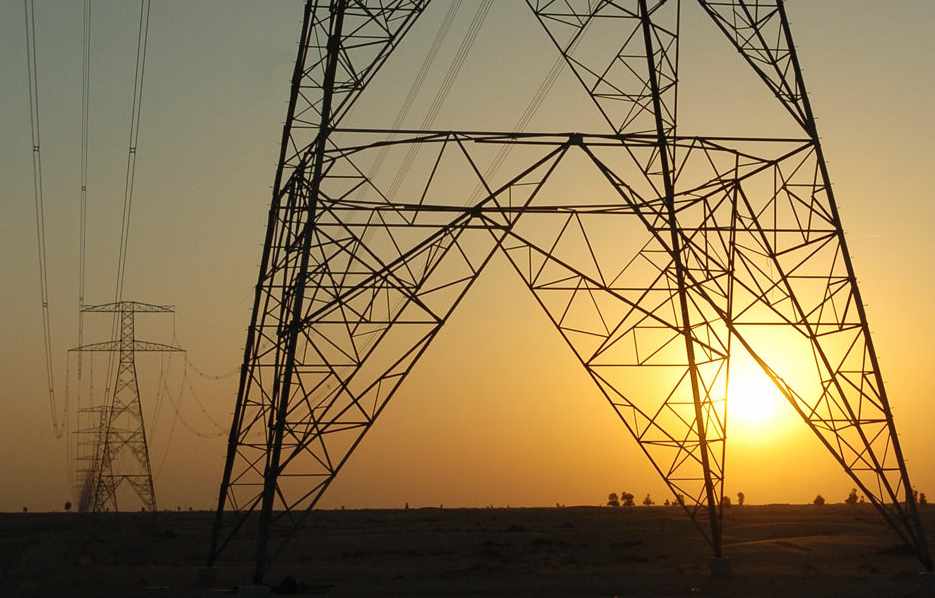
Sustainability at Lorünser

Lorünser Austria has been certified according to DIN EN ISO 14001 since 2011. In addition to high-quality and tested products, the aim is to pay special attention to protection of the environment. This includes responsible and careful use of resources.
Environmental policy is also an integral part of Lorünser’s corporate principles which include:
The Environmental Manual is the central document of our environmental and corporate policy. We are happy to provide you with it if you are interested: office@loruenser.com

Sustainability is one of the major key issues of our time. For Lorünser Austria, knowledge of its environmental impact is an important concern. This also includes raw materials and materials: Over 90 percent of Lorünser products are made from primary aluminium.
In addition to an energy-efficient production process, aluminium products are known particularly for their long life cycle and virtually unlimited recyclability. Aluminium is considered weather- and corrosion-resistant as well as durable for many decades when used in products and, with a recycling rate of around 96 percent, it can be reused many times without any loss of quality.
In addition to the existing ISO certifications 14001 (environmental management), 9001 (quality management) and 45001 (occupational health & safety), the Knill Group will have audited sustainability reports from the 2023 reporting year. As part of the corporate group, Lorünser Austria is aware of its responsibility to act sustainably in many areas and thus complies with the new EU directive on sustainability reporting (Corporate Sustainability Reporting Directive, CSRD).